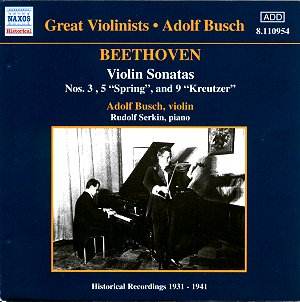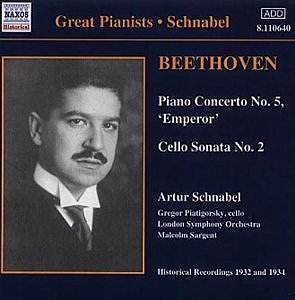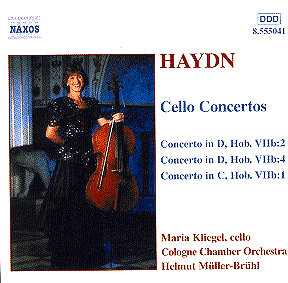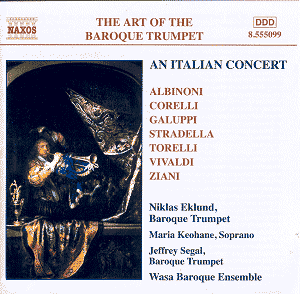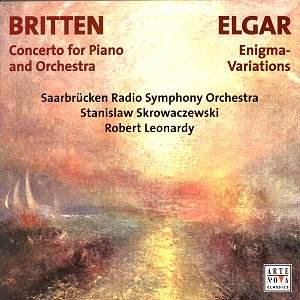 Composer: Benjamin BRITTEN
Composer: Benjamin BRITTEN
Works: Piano Concerto (1938, rev. 1945), Edward ELGAR: Enigma Variations (1898/99)
Performers: Saarbrucken Radio Symphony Orchestra, Stanislav Skrowaczewski (conductor), Robert Leonardy (piano)
Recording: 10 & 14 /10/94 in Funkhaus Hallberg, Saarbrucken
Label: ARTE NOVA 74321 27769-2
Benjamin Britten’s Piano Concerto, a landmark composition from 1938, stands as a testament to the innovative spirit of British music in the 20th century, reflecting the turbulent socio-political climate of its time. Written just before the outbreak of World War II, the work incorporates elements of traditional concerto form while simultaneously subverting expectations, particularly through its introspective character and structural idiosyncrasies. This recording, coupled with Edward Elgar’s beloved Enigma Variations, offers an intriguing juxtaposition between Britten’s modernism and Elgar’s late Romantic sensibilities.
Stanislav Skrowaczewski’s interpretation with the Saarbrucken Radio Symphony Orchestra, while competent, reveals a certain hesitance that detracts from the dynamic intensity inherent in both works. The orchestra, known for its prowess in German repertoire, seems less comfortable with the Britten, leading to a performance that, while accurate in pitch and rhythm, lacks the necessary vigor. The opening Toccata, typically a fiery declaration, emerges here with a gentler touch that minimizes its dramatic impact. The subsequent movements—the Waltz, Impromptu, and March—while executed with precision, do not fully convey the breadth of Britten’s emotional landscape. For instance, the Impromptu, shorter in this recording than in others, feels somewhat rushed, lacking the contemplative depth that characterizes Britten’s more reflective moments.
The recording quality, although satisfactory in terms of clarity, suffers from a somewhat distant perspective that diminishes the intimate connection between soloist and orchestra. Robert Leonardy’s piano playing showcases technical skill, yet it does not possess the compelling urgency of the legendary Sviatoslav Richter, for whom the concerto was originally written. The balance in the recording favors the orchestral textures over the piano, creating a sense of detachment rather than the symbiotic interplay that Britten envisioned. This distance is particularly felt in the final March, where the rhythmic drive and buoyancy could have been more pronounced, enhancing the work’s concluding vigor.
When considering other recordings, the stark contrast becomes apparent. Richter’s own interpretation, conducted by Britten, captures the essence of the work with vivid colors and an emotional arc that this performance does not achieve. Similarly, comparisons with Naxos’s budget release of Elgar’s Enigma Variations reveal a more fully realized orchestral palette, where the romanticism of Elgar’s score is delivered with greater warmth and character. Skrowaczewski’s reading of Elgar’s Nimrod, though well-articulated, feels overly restrained, lacking the grand emotional sweep that iconic recordings by conductors like Sir John Barbirolli or Sir Adrian Boult provide.
The Arte Nova release, while offering a budget-friendly option, ultimately does not satisfy the discerning listener seeking a deeper interpretative experience. The coupling of these two significant works is indeed a rarity, yet the execution here leaves much to be desired. The performances, though respectable and easily digestible, fail to resonate with the vitality and emotional depth that both Britten and Elgar demand. A more vigorous engagement with the repertoire and a closer attention to the sonic nuances could have significantly elevated this recording.
